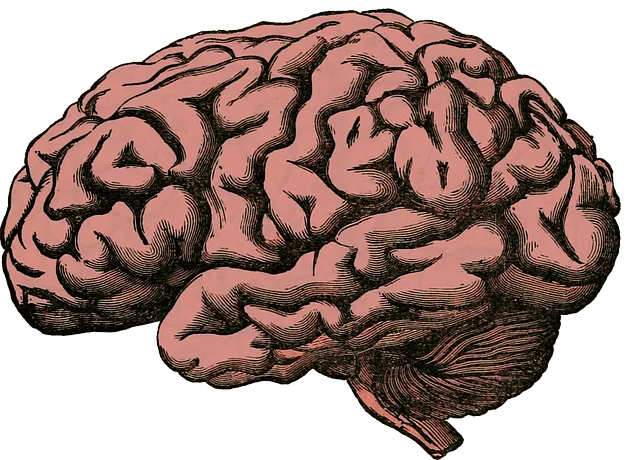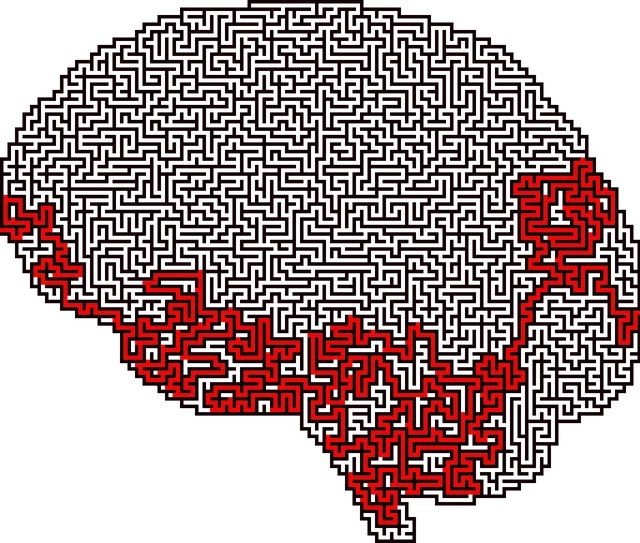The Kaiser Permanente mental health center reviews Wheat Ridge highlight the vital role of risk assessment in harm minimization within healthcare, especially mental health settings. By evaluating severity and likelihood, this process enables professionals to implement targeted strategies for patient safety. A comprehensive approach considers historical data, environmental factors, and individual vulnerabilities, fostering holistic care. This proactive method enhances crisis intervention, mental health awareness, and coping skill development. Through evidence-based practices, specialized therapy, and community-oriented support, the center creates a safe environment, as evidenced by positive reviews, promoting long-term well-being. Effective risk assessment and planning at Kaiser Permanente Wheat Ridge not only protect patients but also contribute to its outstanding reputation.
Risk assessment and harm minimization planning are critical components of ensuring safe and supportive environments, especially in mental health settings. This article explores these concepts through a multi-faceted lens. We begin by establishing a solid understanding of risk assessment as a foundation for harm minimization. A case study focusing on the Kaiser Permanente Mental Health Center reviews highlights successful strategies employed at their Wheat Ridge location. Subsequent sections delve into identifying and mitigating risks specifically in mental health settings, while offering best practices and recommendations for implementing effective harm minimization plans.
- Understanding Risk Assessment: A Foundation for Harm Minimization
- Kaiser Permanente Mental Health Center Reviews: Wheat Ridge – A Case Study on Comprehensive Planning
- Identifying and Mitigating Risks in Mental Health Settings
- Implementing Effective Harm Minimization Strategies: Best Practices and Recommendations
Understanding Risk Assessment: A Foundation for Harm Minimization

Understanding Risk Assessment is a foundational step for effective harm minimization planning, particularly in healthcare settings like the Kaiser Permanente mental health center reviews Wheat Ridge. This process involves meticulously evaluating potential risks and their likely impact on individuals or communities. By identifying hazards and analyzing their severity and likelihood, healthcare professionals can implement tailored strategies to prevent or mitigate adverse outcomes. A comprehensive risk assessment considers various factors, including historical data, environmental influences, and individual vulnerabilities, ensuring a holistic approach to patient care.
This proactive approach is crucial in crisis intervention guidance, where swift action can make a significant difference. By understanding risk assessment, mental health professionals can better equip themselves and others with coping skills development resources, enhancing overall mental health awareness and resilience. This knowledge enables the creation of safe environments and informed decisions that prioritize the well-being of those served by centers like Kaiser Permanente in Wheat Ridge.
Kaiser Permanente Mental Health Center Reviews: Wheat Ridge – A Case Study on Comprehensive Planning

The Kaiser Permanente Mental Health Center Reviews in Wheat Ridge stands as a comprehensive planning success story within the mental health sector. This case study highlights effective strategies for risk assessment and harm minimization, integrating evidence-based practices to foster an environment that prioritizes emotional well-being. The center’s approach combines specialized therapy services, innovative mental wellness journaling exercise guidance, and holistic coping mechanisms to address a wide range of patient needs.
Through rigorous risk assessment protocols, the Wheat Ridge facility identifies potential triggers and vulnerabilities, enabling them to implement tailored interventions. This proactive approach extends beyond individual treatment plans by offering group support sessions and educational workshops on topics like emotional regulation and stress reduction methods. By fostering a community-oriented mindset, the center aims to empower individuals with the skills necessary to navigate life’s challenges and maintain long-term mental health stability.
Identifying and Mitigating Risks in Mental Health Settings

Identifying risks in mental health settings is a critical component of ensuring patient safety and well-being, especially at centers like Kaiser Permanente Wheat Ridge. This involves a comprehensive review of potential hazards that may impact patients’ mental health and overall recovery. By conducting thorough assessments, staff can uncover issues related to treatment environments, interactions with caregivers, or even specific therapeutic practices. For instance, evaluating the effectiveness of empathy building strategies is essential; these approaches are designed to foster deeper connections between patients and healthcare providers, enhancing Mental Health Awareness and improving patient outcomes.
Risk mitigation planning should address these concerns through evidence-based interventions. Stress Management programs, for example, can be tailored to meet individual needs, offering coping mechanisms and relaxation techniques that empower patients to navigate their mental health journeys. Effective risk assessment and planning at Kaiser Permanente Wheat Ridge not only safeguard patients but also contribute to positive reviews by fostering a supportive and therapeutic environment.
Implementing Effective Harm Minimization Strategies: Best Practices and Recommendations

Implementing effective harm minimization strategies involves a multi-faceted approach that integrates best practices from various sectors. At the Kaiser Permanente mental health center in Wheat Ridge, for instance, professionals emphasize resilience building through tailored interventions and support systems. This includes Mental Wellness Journaling Exercises, which encourage individuals to reflect on their emotions, track progress, and identify coping mechanisms. Such exercises foster self-awareness and promote mental wellness, as supported by numerous positive Kaiser Permanente mental health center reviews from Wheat Ridge residents.
Complementing these practices is the development of public awareness campaigns that educate communities about recognizing and addressing mental health issues early. By combining these strategies, harm minimization planning becomes a collaborative effort aimed at reducing risks and enhancing overall well-being. This holistic approach, grounded in research and reflected in Kaiser Permanente mental health center reviews from Wheat Ridge, ensures that individuals receive the comprehensive support needed to navigate life’s challenges effectively.
In conclusion, this article has explored the vital role of risk assessment and harm minimization planning in mental health settings, as demonstrated by the comprehensive example of Kaiser Permanente Mental Health Center’s review of its Wheat Ridge facility. By understanding the foundational principles of risk assessment, implementing best practices for identifying and mitigating risks, and adopting effective harm minimization strategies, healthcare providers can create safer environments that support positive patient outcomes. The case study highlights the importance of a proactive approach to risk management, ensuring that mental health centers like Kaiser Permanente’s Wheat Ridge location remain at the forefront of providing quality care while prioritizing patient safety.






